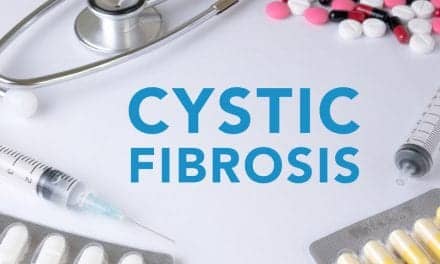Using a model reproducing a respiratory epithelium, researchers have discovered that liquid is sufficient to restore the airways’ seal in CF.
These results, to be read in a special issue of the journal Cells, open the way to new therapies based on mucus hydration. A promising alternative to current therapies that are often not widely enough effective.
Despite recent therapeutic advances, people with cystic fibrosis — one in every 2,500 births in Europe — have a life expectancy of no more than 46 years and altered quality of life. The disease is caused by one or more mutations in the CFTR gene, which affects the proper functioning of an essential protective barrier. The epithelial cells that line the airways are usually sealed together and thus protect the airways from bacterial colonisation. They are also lined with a fluid, a slippery mucus that traps unwanted germs and carries them away. When the CFTR protein is altered, the junctions between the cells loosen and the dehydrated mucus tends to stagnate, both of which promote the development of respiratory infections.
“While it was already known that mucus hydration and the presence of sufficiently tight junctions preserved the integrity of the airways, the mechanisms involved and the links between these two mechanisms remained mysterious, which hindered the development of new therapies,” explains Marc Chanson, a professor in the Department of Cell Physiology and Metabolism and the Geneva Centre for Inflammation Research at the UNIGE Faculty of Medicine, who led this research.
Hydrating to restore tightness
The scientists first developed an in vitro model using human lung cells. This model, which was awarded the UNIGE 3R Prize in 2021 for reducing animal experimentation, reproduces airways epithelium of healthy and cystic fibrosis patients in a way that is both accurate and close to clinical reality. In collaboration with the team of Christian van Delden and Thilo Köhler from the Departments of Medicine and of Microbiology and Molecular Medicine at the UNIGE Faculty of Medicine, Marc Chanson and his team compared the response of epithelial cells invalidated for CFTR to bacterial infection, to which either hydrated, healthy mucus or physiological saline solution had been added.










